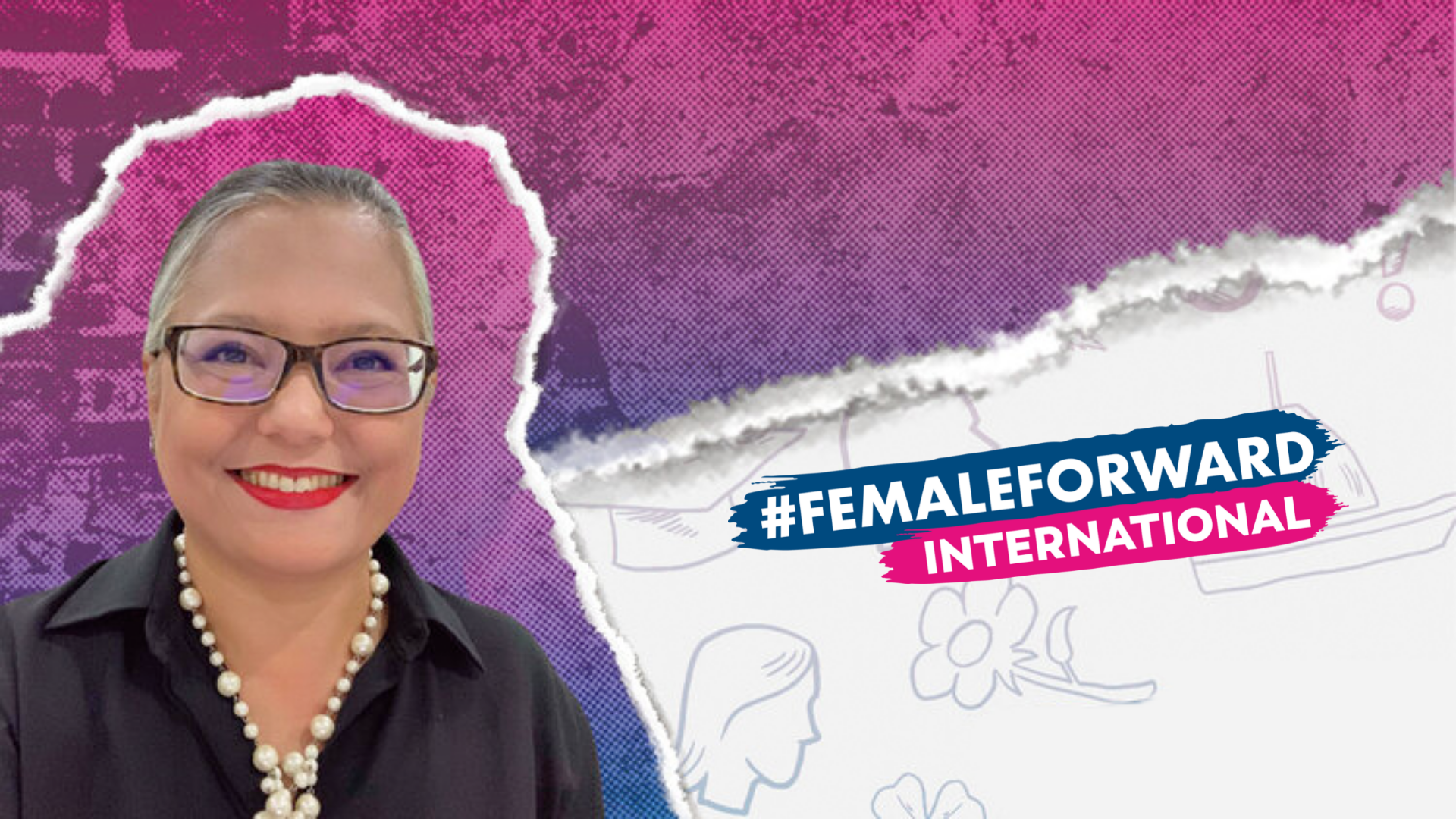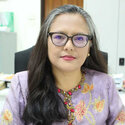Female Forward
Defending women’s rights in Islam

Growing up Muslim in Kuala Lumpur, Malaysia, Rozana Isa found herself questioning some of Islam’s precepts about women at various points in her life.
As 15, she decided to wear the hijab despite her mother’s reservations, expecting “something magical and miraculous to happen… as if a piece of clothing would make me a better person.” Five years later, she decided to take it off. “I learned that I’d have to change myself from within; the hijab wasn’t going to do it for me,” she says.
Isa was 8 when she witnessed her parents have a huge fight, and confronted what she would later realize was “the overwhelming power of patriarchy.”
“I penned a letter to my father telling him how I felt and what I thought of the situation and about him… The injustice I felt against my mother was so strong, I was fearless. The only other thing I remember (was) that my mother had read the letter too. The look on her face said it all-- she felt that she was heard.”
Many years later, Isa, now the Executive Director of Sisters in Islam (SIS) would make sure that other Muslim women would be heard as well.
SIS, a nonprofit organization based in Malaysia, seeks to reform Muslim family laws that foster inequality and discrimination against women. “Women have a right to question the injustice they experience in the name of Islam,” says Isa, who describes women as being grossly disadvantaged when it comes to marriage, divorce, child custody, inheritance, and maintenance or support under the Syariah laws of Islam.
If Islam is just
Isa recalls that when the founding members of SIS assembled in 1987 to study the now Islamic Family Laws, one question resonated with them: “If God is just, if Islam is just, then why do laws and policies made in the name of Islam create injustice?
Argues Isa: “As long as religion is a source of law and policy in Malaysia, everyone has a right to speak about it… We need to learn how to engage with authorities and institutions that are impacting us, and with how we live as a diverse society.”
While there was hardly any buzz when the group registered formally as SIS Forum in 1993, Isa recalls that two significant events had earlier generated public reaction. One of them was the launch of SIS’ Q and A booklets “Are Men and Women Equal Before Allah?” and “Are Muslim Men Allowed To Beat Their Wives?”
“The public reactions were curious, positive, welcoming and tremendous. Many were heartened to hear about an Islam that publicly spoke to their own sense of fairness and justice,” she says.
But SIS’ questions about Malaysia’s Syariah laws didn’t go unnoticed and unpunished. In 2014, a fatwa was declared against the group for being “deviant” for “(subscribing) to liberalism and religious pluralism.” The fatwa still stands, although an SIS petition to the Court of Appeals remains pending.
In the meantime, SIS continues to pursue what Isa considers its “most profound achievement,” that of “expanding the space for public debate and discussion on Islam and women’s rights.”
Aside from research and public discussions, the Sisters in Islam launched Musawah, a global movement pushing equality and justice in the Muslim family. The group’s free legal helpline and clinic called Telenisa also dispenses advice on contentious Islamic laws. This legal literacy component addresses one of the 12 areas of concern flagged by the 1995 Beijing Platform for Action: the human rights of women, and how to ensure their equality and non-discrimination under the law and in practice.
If God is just, if Islam is just, then why do laws and policies made in the name of Islam create injustice? As long as religion is a source of law and policy in Malaysia, everyone has a right to speak about it… We need to learn how to engage with authorities and institutions that are impacting us, and with how we live as a diverse society.

The core of fear
Rozana Isa didn’t consciously decide to become an activist. She studied Accounting in the UK, before finding herself back in Malaysia in an “uninspiring” job at a software accounting company. Answering an ad placed by the Women’s Aid Organisation for a coordinator of a domestic violence project however set her off on a rewarding journey to the heart of the women’s movement.
It hasn’t always been a smooth ride, she muses, reflecting on the many road bumps that SIS has encountered: “We’ve had a book banned, multiple police reports filed against us, and attempts to stop us from using the word Islam in our name as our work was not deemed Islamic.”
Many challenges remain, she admits, among them child marriages. Aside from raising to 18 the minimum marrying age, Isa believes that the children’s parents should be supported “with concrete programs that address poverty-related issues and social stigma.”
For Sisters in Islam, in order for this to be achieved, governments must take immediate steps to promote women’s equality in family laws and practices in compliance with international conventions on human rights.
The Beijing Platform for Action, for example, outlines critical ways for government to know and act against the inequalities that women experience in very specific areas of their lives.
A personal challenge for Isa is how to push liberal reforms in Islam without undermining religious faith and dividing communities. “There has to be a way forward to have conversations that tackle the core of our fear in relation to what this is all about – our identities and way of life.”
The dilemma has only strengthened Isa’s resolve to make Islam truly stand for equality and justice. “Others will not make these changes and hand it to us on a silver platter. We have to demand and act for change to happen,” she says.
